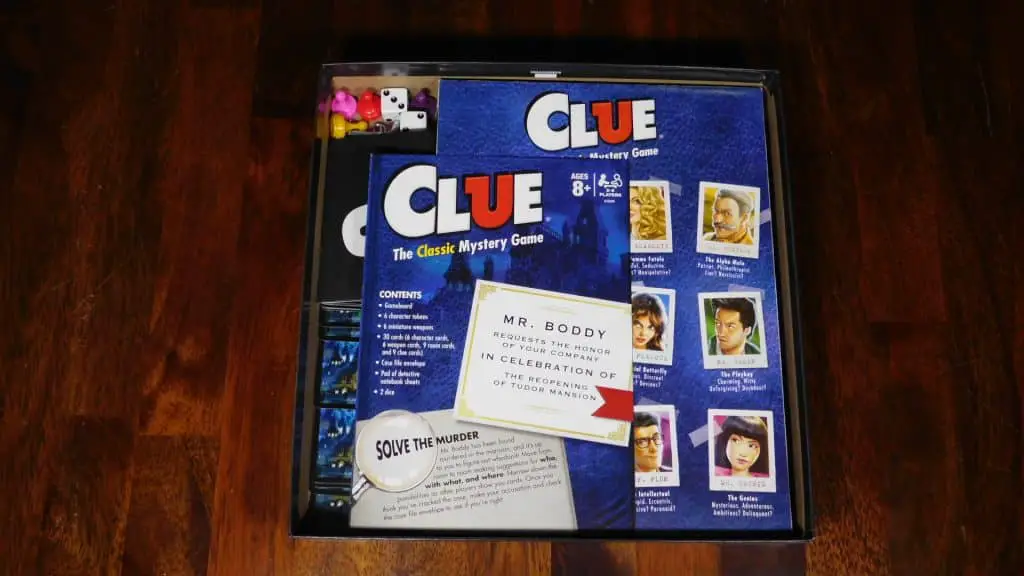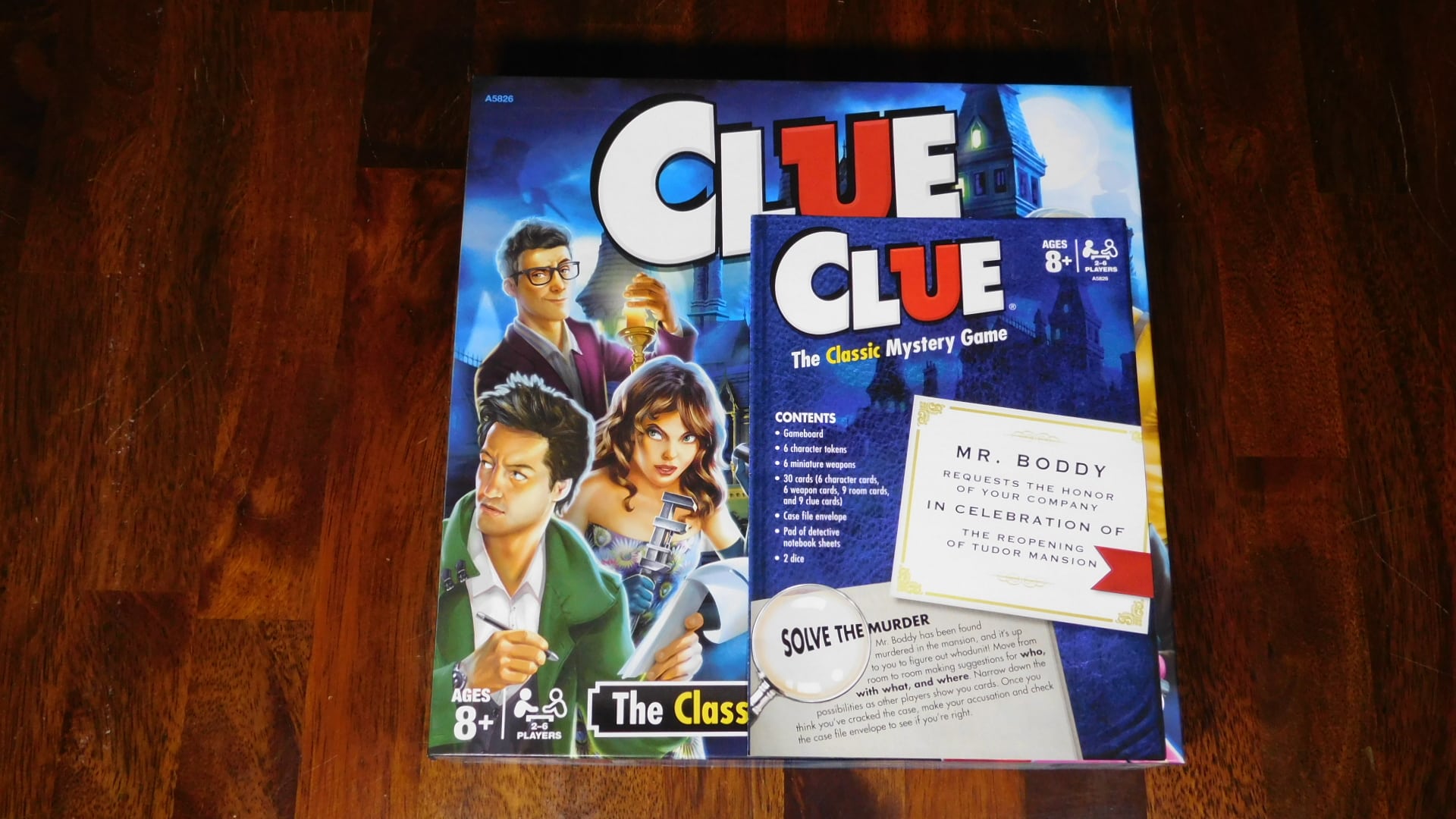Clue is one of the most popular games still to this day. It was also invented a long, long time ago. So, how was Clue invented anyway?
Anthony E. Pratt invented Clue during World War II as a way to pass the time during bombing raids. It was inspired by murder mystery games and detective-style writings such as those by Agatha Christie. It was originally called Murder!, then Cluedo, then Clue when it was brought over to North America.
Table of Contents
Who Invented Clue?
Anthony E. Pratt invented Clue. Originally, it was called Murder! After being acquired by Waddingtons, a British company that produced board and card games up until 1994, it was renamed Cluedo. When Parker Brothers licensed the game in North America, they changed the name to Clue.
When Was Clue Invented?
Clue was invented in 1943 but wasn’t first produced until 1949. This was due to material shortages after World War II.
How Was Clue Invented?

Lots of air raids happened during World War II. Anthony E. Pratt was living in Birmingham, England at the time, which meant lots of time spent avoiding bombs by staying in his home.
As you can imagine, there wasn’t a whole lot for Anthony or his wife, Elva Pratt, to do. As people do when there’s nothing to do and they’re living in constant fear of being bombed while also sometimes being bombed, they come up with things to do. In his case, Anthony came up with a game.
It’s worth mentioning that this game was inspired by a few things in Anthony’s life. One of them was due to his experience as a musician. He would play private gigs for clients and occasionally those clients would play murder mystery games. Also, detective writing like Agatha Christie’s was popular at the time.
All of this added up to Anthony’s game called Murder! Eventually, this went on to become Clue. That’s how Clue was invented.
Why Is It Called Clue?
The name changed from Murder! to Cluedo thanks to Norman Watson. He was the executive of Waddingtons, the company that originally published Cluedo. Cluedo is a mix of the words clue and ludo, which means “I play” in Latin.
I’m not sure why Norman changed the name from Murder! to Cluedo other than Cluedo is a more family-friendly name. It’s also possible that since the bulk of Clue is about finding clues, he thought focusing on that aspect of the game would be a better choice than focusing on what the people were finding clues about.
Either way, the game was called Cluedo, and when it was licensed by Parker Brothers in the USA, it was called Clue since not as many people in the USA were as familiar with the game, Ludo. So, in a way, even though Anthony E. Pratt invented the game that eventually became Clue, other people had a hand in its invention too.
What Else Can You Tell Me About Clue?
I am so glad you asked because we have plenty of information about Clue and Clue-related subjects.
For one thing, there are quite a lot of games that have mechanics or themes similar to Clue. For lists of some of those games, take a look at 5 Board Games Like Clue or 5 Mystery Board Games Like Clue.
We also have information on the different parts of Clue such as who the characters are in Clue, what the rooms are in Clue, when you can make an accusation in Clue, and which items are weapons in Clue.
There’s information on some of the games that were a part of Clue’s history in some way, shape, or form too. This includes info on Ludo and Cluedo.
We also have information on how to play Clue too!
Did You Know?
(Each time you refresh the page you will get a new “Did You Know” fact!)
Did you know some of the items in Clue aren’t actually weapons? What do I mean? To find out, check out this article here!
Conclusion: How Was Clue Invented?
So, there you have it. When comes to how Clue was invented, it was due to a variety of factors including Agatha Christie and World War II. Pretty cool!
So, what do you think about how Clue was invented? Let me know your thoughts and why in the comments below!
And, as always, keep on gaming, fellow board gamers.

